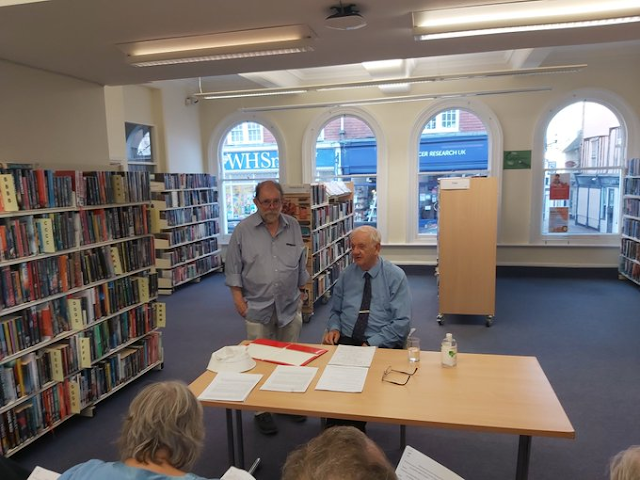Lecture, Barnard's Inn Hall, Wednesday, 5 Jun 2024 - 18:00 Witch-Hunting in European and World History Professor Ronald Hutton Divinity Part of: Magic, the Supernatural, and the Lost Gods of Europe Add to my list Have a Question? No Registration Required https://app.sli.do/event/t8V7ZAmskFgtRb5mJRVcbM This lecture confronts the worldwide phenomenon of the persecution of suspected witches, now a serious, contemporary problem condemned by the UN in 2021. It will show what has been unusual about Europe in this global pattern, and why the notorious early modern witch hunts there commenced and ended. Professor Ronald Hutton Professor of Divinity Professor Hutton is Professor of History at the University of Bristol. He took degrees at Cambridge and then Oxford Universities,
